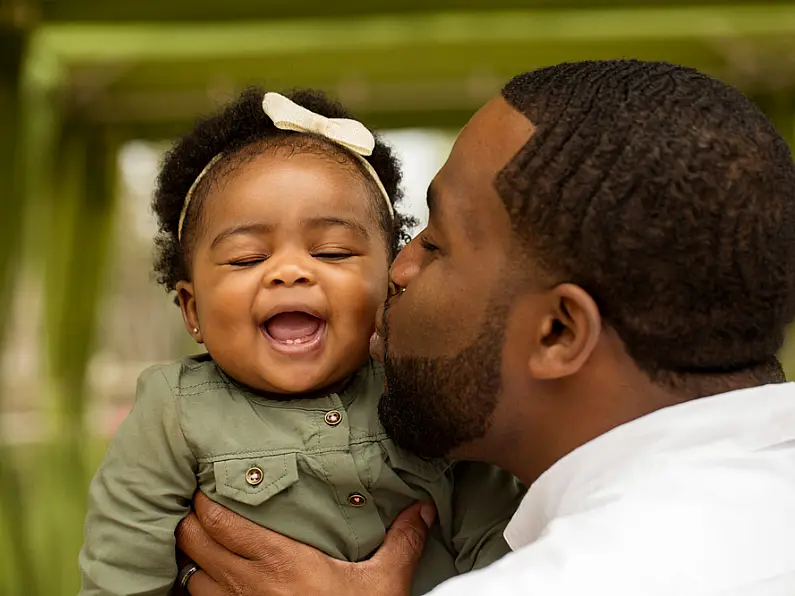These are the top 10 trending parenting styles for 2023, says Google.
As a part of its Year in Search recap, Google has released data on the top trending parenting types in search from 2023.
Don't confuse these results with the most popular parenting types; rather, these “trending” queries are simply the styles searched more last year as compared to 2022.
There are of course some age-old parenting styles on the list, but there are also new entries which are worth learning about.
So, here are the top 10 trending parenting styles of 2023, according to Google.
These are the top trending parenting styles, says Google
- New age: New age parenting was the top trending parenting style for 2023 on Google. This style encourages parents to embrace new cultures and styles of parenting, and to focus on becoming their kids’ friend and mentor instead of being a bossy or strict parent.
- Elephant: Essentially, this style dictates that, above all else, children need to be nurtured and protected, especially during their younger years, notes Dr. Robyn Silverman. Elephant is close to the opposite of “tiger parenting", which places high value on independence, and academic and athletic success.
- Soft: This is similar “gentle parenting" and is all about crafting a supportive and emotionally-connected environment without being too lenient when it comes to discipline.
- Active: As the name implies, active parenting refers to a proactive and engaged approach to raising children, involving parents who are actively involved in their child’s life, education and overall development. Similar to concerted cultivation, this parenting style includes consistent communication, positive discipline and setting clear expectations.
- Helicopter: Helicopter parents often micromanage every aspect of their experiences, activities and decisions. A helicopter parent is known to strictly supervise and 'hover' over their children in all aspects of their lives, including in social interactions.
- Natural: Natural parenting emphasizes a holistic and instinctive approach, aligning with the child’s natural development, fostering strong emotional bonds, and often incorporating practices like breastfeeding. The American Psychological Association outlines the benefits, negatives, and finer points of natural parenting here.
- Free range: Much like its name would suggest, free-range parenting is the concept of raising children in the spirit of encouraging them to function independently and with limited parental supervision, in accordance with their age of development and with a reasonable acceptance of realistic personal risks.
- Concerted cultivation: Concerted cultivation parenting, as coined by sociologist Annette Lareau, involves actively fostering a child’s talents and skills through organized activities, structured schedules, and direct intervention, aiming to equip them with a range of experiences and opportunities.
- Authoritarian: Authoritarian parenting has had quite the reckoning over the past few years. In this “old-school" type of parenting, rules are strict and don’t leave much room for interpretation. Punishments are swiftly meted out, and kids rarely have a say in making decisions or choosing things for themselves.
- Routine: Routine parenting involves consistently engaging in daily tasks and responsibilities, such as feeding, nurturing and guiding children, to ensure their wellbeing and development. While routine parenting is pretty self-explanatory, establishing a routine that works for you and baby can be anything but.









